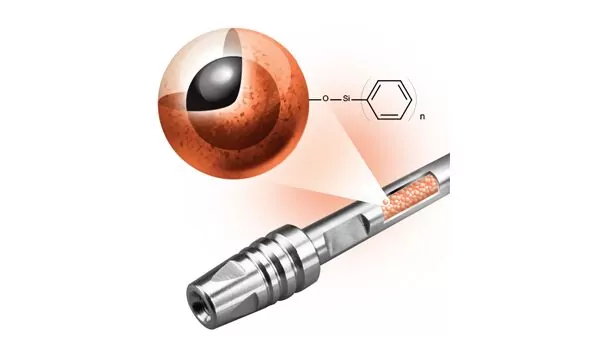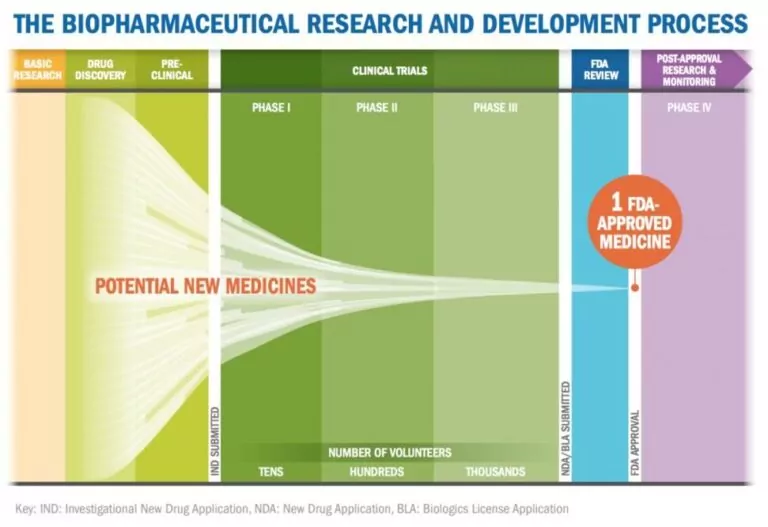-
Improving, Retaining, and Separating Polar Compounds Using Chromatographic Techniques
Separating and retaining polar compounds are significant challenges in chromatography. Here, we explore the key technical considerations and solutions for effectively handling these compounds, focusing on advanced chromatographic techniques and column technologies. What Are Polar Compounds? Polar compounds are essential in biological processes, drug design, and industrial applications due to their ability to interact with…

Recent Posts
Why Tandem Mass Spec is Essential for Newborn Screening
Mass spectrometry has been game changer in newborn screening because rather than having a single test for a single condition, there was now a technique that provided a single test for a large number of different conditions.
I Resolve to Get Better mAb Separations
We listened and learned how scientists separate mAbs and ADCs; then we designed a novel column for LC-MS bioseparations A critical step toward the prolific and successful use of monoclonal antibodies (mAb) as biotherapeutics occurred in 1988 when techniques were introduced to humanize these biomolecules, eliminating or reducing the deleterious patient side effects that previous...
Enhancing Analytical Productivity by Breaking Down Silos (Part 1)
Analytical methods transfer. Data integrity. A changing and more stringent regulatory landscape. All this, and more, impacts productivity in upstream and downstream biopharmaceutical processes. How is Waters looking to help address development challenges for biologics and biosimilars?
Data Integrity Matters | What do you do with Orphan Data Created during Data Acquisition?
Halting a chromatographic analysis where the system is not performing correctly or when another error is evident in the separation is a valuable and scientific way to avoid creating unusable data that needs to be subsequently invalidated following a defined analytical lab error/result SOP. But what do you do with that orphan data?
The Expanding Role of Mass Spec for Peptide Mapping in Multi-Attribute Monitoring Assays
There are two primary multi-attribute monitoring (MAM) assay choices for biologic development and QC: subunit protein mass analysis and peptide mapping by LC-MS. Here we explore how peptide mapping LC-MS MAM workflows are being used.
Webinar Highlights: Quantifying Cannabinoids in Oral Fluid to Determine Driving Impairment Following Marijuana Consumption
Q&A from a recent forensic toxicology webinar on using an ACQUITY UPLC I-Class/Xevo TQ-S micro MS system for quantifying cannabinoids in oral fluid.
Popular Topics
ACQUITY QDa (17) bioanalysis (11) biologics (14) biopharma (26) biopharmaceutical (36) biotherapeutics (17) case study (17) chromatography (14) data integrity (23) food analysis (12) HPLC (15) LC-MS (22) liquid chromatography (LC) (21) mass detection (16) mass spectrometry (MS) (54) method development (13) STEM (12) sustainability (12)





